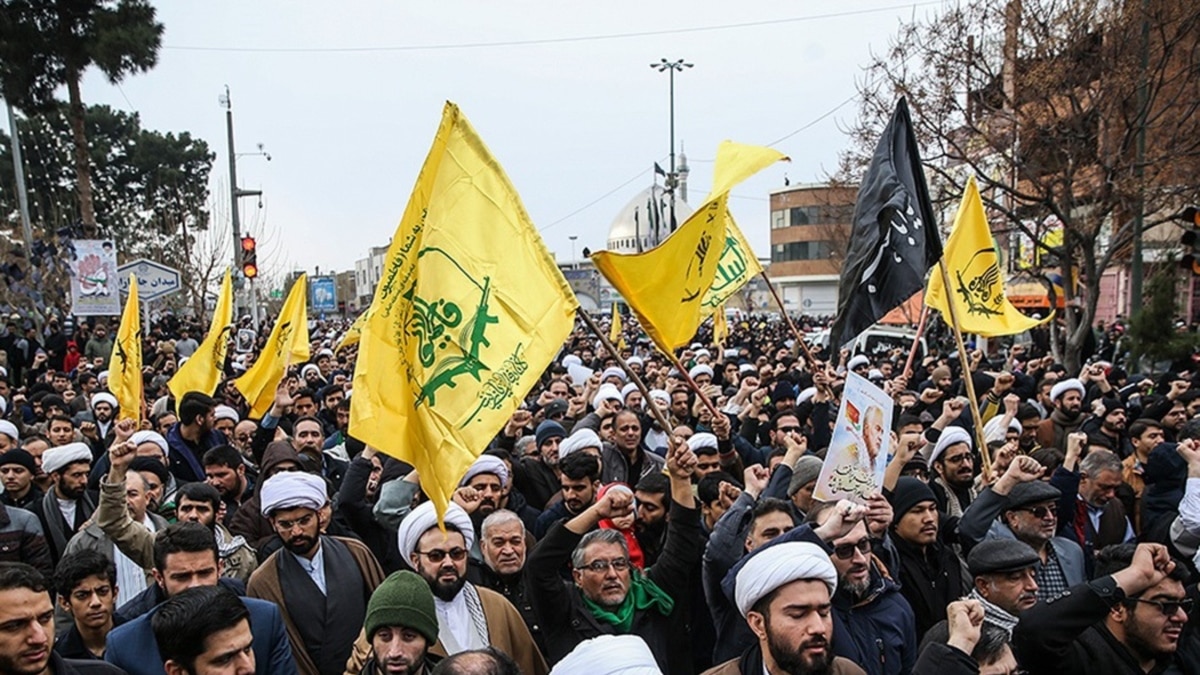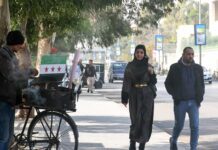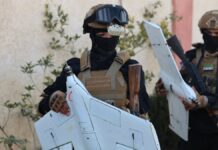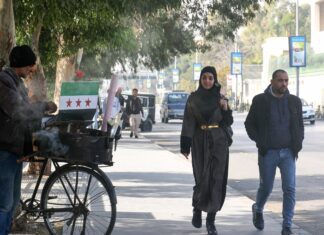
The International Criminal Court (ICC) is being urged to open an investigation into alleged war crimes and crimes against humanity committed in Syria by Afghan fighters under the command of Iranian-backed militias. These calls were reinforced by a detailed report filed by the Mizan Organization for Legal Studies and Human Rights, which accuses the Fatemiyoun Brigade – a militia trained and supported by Iran’s Revolutionary Guard Corps (IRGC) – of systematic violations against civilians in Syria.
Mizan’s complaint, submitted to the ICC Prosecutor’s Office, accuses Afghan fighters, with the involvement of the IRGC and Lebanese Hezbollah, of acts amounting to war crimes, crimes against humanity, and even genocide. The report highlights a range of atrocities, including arbitrary arrests, enforced disappearances, torture, forced displacement, and the use of internationally prohibited weapons.
“The acts committed between 2012 and 2024 meet the material and moral elements of international crimes,” Mizan stated, referencing the systematic targeting of civilians. These allegations are anchored in the ICC’s Rome Statute, citing jurisdiction due to Afghanistan’s ratification of the treaty in 2003.
Testimonies from residents of Deir Ezzor, Aleppo, Damascus, and Daraa form the basis of Mizan’s findings. Witnesses describe Afghan fighters’ involvement in sieges, destruction of vital facilities, looting of property, and forced migration of entire families. The report underscores the role of the Fatemiyoun Brigade in these acts, a militia composed of Afghan Shiite fighters established in 2013 under Iran’s oversight.
These forces, operating alongside the Assad regime and Hezbollah, have been implicated in attacks violating international humanitarian law principles of distinction, precaution, and proportionality. The report describes these actions as part of a systematic policy to target liberated areas, undermine civilian populations, and entrench Iranian influence in Syria.
The Mizan Organization has outlined five key demands for the ICC Prosecutor, including the opening of a preliminary investigation, collection of evidence, and protection of victims and witnesses. It further calls for collaboration with international organizations such as the UN and the International, Impartial, and Independent Mechanism on Syria.
The organization also emphasizes the need to identify and prosecute those most responsible for these crimes, to ensure accountability and prevent further impunity. “The international community cannot turn a blind eye to such atrocities,” the report states, urging experts and human rights organizations to support the investigation with additional evidence and advocacy efforts.
The ICC has faced criticism for its inability to address crimes in Syria, as political stalemates in the UN Security Council have blocked direct referrals of the Assad regime. However, Mizan’s complaint leverages the ICC’s jurisdiction over Afghan nationals involved in these crimes, creating a new pathway to accountability.
This development follows a series of landmark trials in European courts, where individuals associated with the Assad regime have faced convictions under universal jurisdiction. These include life sentences for former officials tried in Germany and France, highlighting a growing momentum in international efforts to address wartime atrocities.
The Fatemiyoun Brigade, founded in 2013, has been a key player in Iran’s proxy wars, serving as a tool for expanding Iranian influence in Syria. Its fighters have been deployed in major battles against revolutionaries, including in Aleppo, Daraa, and Homs.
The group has suffered significant losses over the years, including the deaths of senior leaders like Muhammad Jaafar al-Husseini, known as “Abu Zainab.” Despite these losses, the brigade remains active, with Iran continuing to utilize it as part of its regional strategy.
If the ICC acts on Mizan’s report, it could mark a turning point in the pursuit of justice for victims of the Syrian conflict. As the court weighs the evidence, the international community faces renewed calls to hold Iranian-backed militias accountable for their role in perpetuating violence and instability in Syria. The question now is whether the ICC and other legal mechanisms can overcome political and logistical hurdles to deliver justice to those who have endured years of suffering under the shadow of war.








